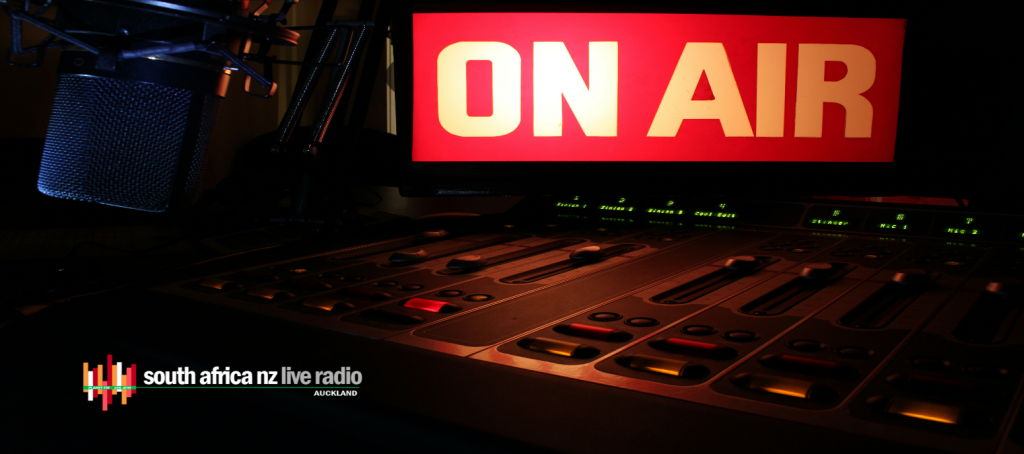“Word Echoes from SANZ”: HERITAGE & MUSIC
Written by Helewise Arends on September 25, 2017
South Africa celebrated HERITAGE DAY on 24 September – a day that cultural divides are united with a cultural commonality, #BRAAING – where the country becomes one village of sharing around “braai fires” and music. Music is intertwined with Heritage, and no other country’s tapestry is as colorful as that of South African Music. Music in South Africa is both vibrant & diverse, to match the country’s population of African ethnic groups.
From the earliest colonial days until the present time, South African music has created itself out of the mingling of local ideas and forms with those imported from outside the country, giving it a special twist that carries with it the unmistakable flavor of the country.
Music types include: Traditional choral (Minstrels);
Jazz (inclu, Mbaqanga jazz; Neo-jazz ) ; Marabi; Kwela; Hip-Hop; Pop, Rock & Crossover; Reggae ; Bubblegum to Kwaito.
Many current artists mix the styles of the country’s musical heritage to produce new, hybrid forms of music.
The music scene in South Africa is focused around four major cities: Johannesburg, Cape Town, Durban and Bloemfontein. Johannesburg, Cape Town and Durban are far more wide-ranging in the genres of music covered by bands and artists, whilst Bloemfontein’s music focus is centered predominantly around the Pop, Rock & Crossover (Metal and Afrikaans) genres. Cape Town is a hotbed for the underground music, generally held to be more experimental than the music produced in the other centres.
The South African music scene has to a large extent, been characterized by bands seeking to emulate popular genres abroad, but this has changed dramatically since year 2000, with South African music carving its own niche in the world music market as being truly original. This is largely due to the fact that South African music is one of dialogue – of dancing, singing & story-telling, which lends itself to being a universal healing salve for the soul.
South Africa has experienced a new wave of artists over the last few years, and especially of increasing numbers of independent artists, who are making their own mark outside the restricting boundaries of record labels and being hamstrung by record companies – leading to a definite rise in “music emancipation “ & “freedom of music”. This wave of #NewMusic has a resounding impact on the role of broadcasters and music platforms.
The #OldSchool rule still applies: #LETTHEMUSICPLAY!!




